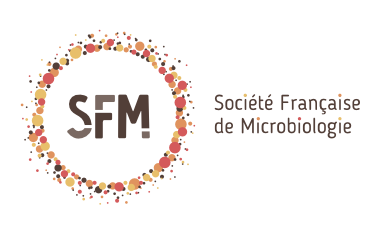Title: May fermented food modify oral microbiota and taste perception ? An
animal study.
Eating behaviour is a key determinant of human health. When unadapted, it can be at the origin of various pathologies affecting modern societies (e.g. obesity, cardio-vascular diseases, diabetes). Among the biological factors known to influence eating behaviour, taste perception is playing an important role. Taste perception varies greatly within the population and the factors at the origin of this variability are not fully understood. Among these factors, the oral microbiota could play a major role. If the oral microbiota has been extensively studied for its implication in various oral pathologies, including mainly dental caries and periodontitis, the impact of oral microbiota in taste perception has been poorly studied until now. Recent works from our laboratory as well as from other groups increasingly suggest existing relationships between oral microbial composition and taste perception (Feng et al., 2018 ; Besnard et al., 2018 ; Cattaneo et al., 2019). However, the modulation of oral microbiota by food intake and particularly by exogenous flora provided by fermented foods has been little studied, in contrast to the gut microbiota. We make the hypothesis that a diet rich in fermented foods could modulate the oral microbiota and that this modulation could lead to the modification of oral functions such as taste perception and salivation. The aims of this PhD are:
- To study the ability of fermented foods’ microbiota to colonize oral cavity (tongue and saliva).
- To study the persistence of this settlement after the end of the diet.
- To study the impact of a diet rich in fermented foods on salivary composition (antibacterial properties).
- To study the impact of a diet rich in fermented foods on taste sensitivity and preferences.
This project will adopt a multidisciplinary approach including animal behaviour, microbiology, physiology, biochemistry, histology, nutrition and food sciences. The CSGA lab has the expertise and the facilities for studying chemosensory perception in human or animal, whereas the PAM lab has the expertise and the facilities for studying microorganisms in food and in relation with food intake. The PhD student will benefit from the co-supervision of two scientists, one from CSGA, specialized in biochemistry and physiology and one from PAM, specialized in microbiology.
- Deadline : 23 Mai 2019
- contact : helene.licandro@u-bourgogne.fr; eric.neyraud@inra.fr
Mots clés en français : microbiote oral, biologie orale, aliments fermentés, perception gustative, rat.




